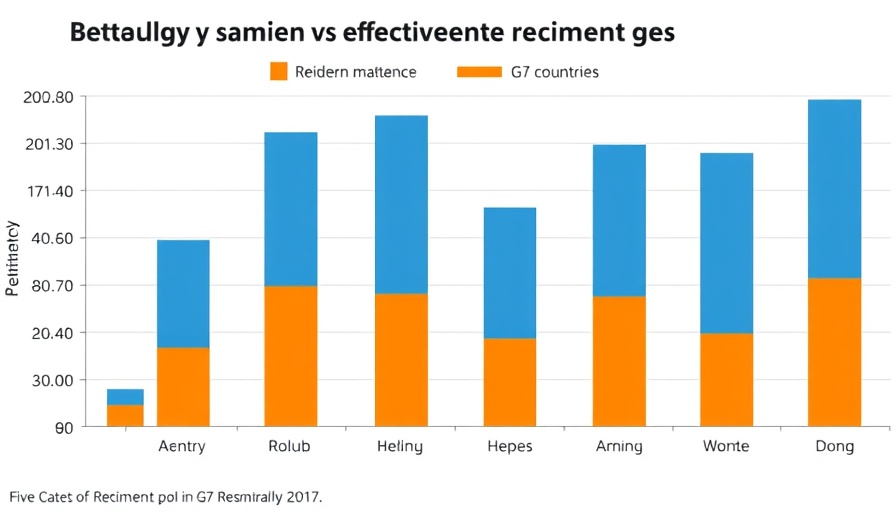
Understanding the Need for Recovery-Friendly Workplaces
When addiction affects an employee, the immediate reaction from many workplaces can be counterproductive. For instance, in a personal account, an employee disclosed their struggle with alcohol to their HR department, only to face isolation instead of support. This situation starkly contrasts with how employees with other health issues, like cancer, are treated—able to maintain communication and community support. It's essential to recognize that substance use disorders (SUD) are equally deserving of empathy and sensible policies in the workplace.
The Prevalence of Substance Use Disorders in the Workforce
Current data sheds light on a troubling reality: seven in ten American adults living with substance use disorders are employed. That’s over 13 million working individuals who often suffer in silence. The visualization of addiction typically conjures images far removed from an office environment—thus perpetuating the stigma that isolates them. Many organizations implement superficial recovery policies that do not address the ongoing needs of their employees in recovery. This gap in understanding can lead to detrimental outcomes, such as job elimination and further stigmatization.
The Challenge of Returning to Work Post-Treatment
Recovery is a complex journey that continues long after formal treatment ends. Once individuals return to their roles after completing inpatient programs, the expectations can be overwhelming. They are thrust back into the demands of a full-time job alongside personal responsibilities, such as child care. Unfortunately, a lack of comprehensive recovery support in the workplace can set them up for failure.
Transformative Steps Towards a Supportive Environment
To foster a recovery-friendly culture, CHROs, Chief People Officers, and operational leaders need to advocate for more inclusive policies that genuinely support recovering employees. This includes creating avenues for continued engagement, peer support programs, and flexible work arrangements that consider their unique circumstances. These changes can help shift the narrative and reduce the stigma surrounding substance use disorders.
Empowering Voices in HR Leadership
Ultimately, it is crucial for leaders within organizations to understand that empowering their teams begins with addressing systemic issues related to health and wellness. CEOs and HR leaders must prioritize systems that facilitate recovery, helping to build a more resilient and engaged workforce. With proper support structures, businesses can transform their environments into recovery-friendly spaces that promote long-term success.
Are you ready to advocate for a recovery-friendly workplace? As leaders in talent management and HR, your role in creating supportive environments for employees recovering from substance use disorders can foster empowerment and productivity. Providing this crucial support can lead not only to individual successes but also to enhanced organizational health.
 Add Row
Add Row  Add
Add 




Write A Comment